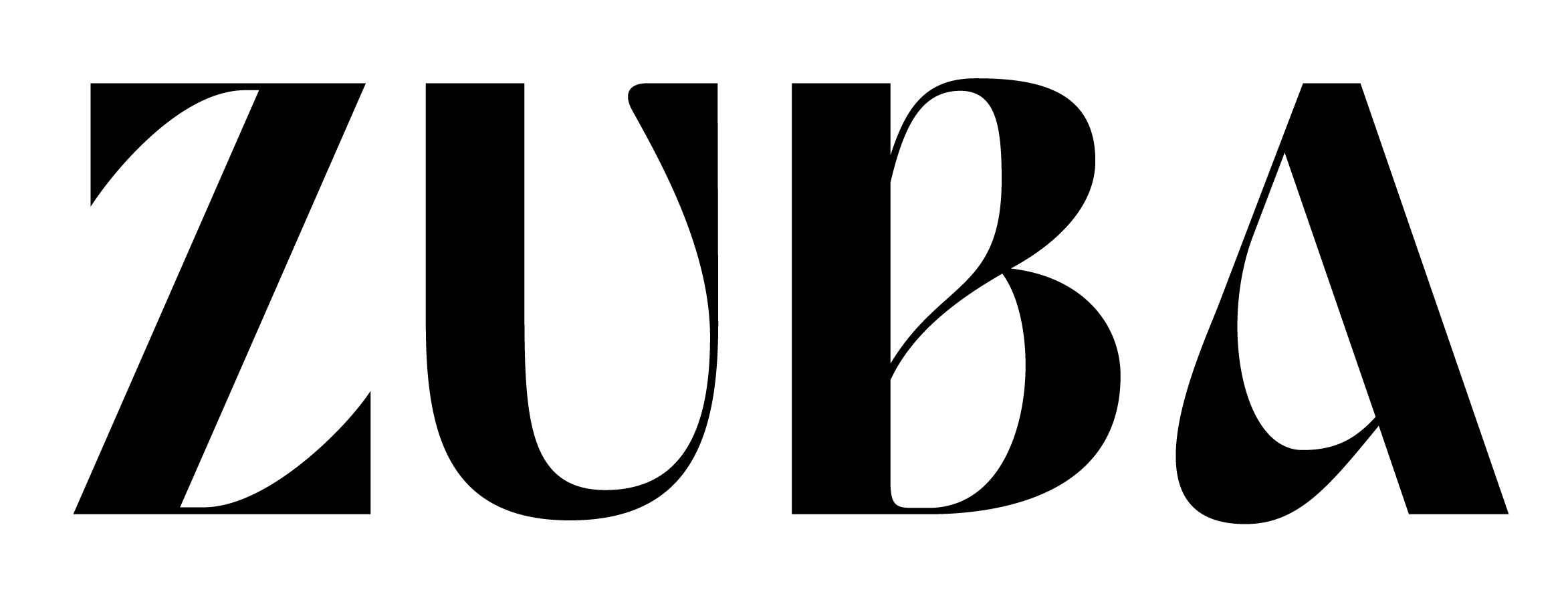US tech giant Google honored late Kenyan novelist, human rights advocate and pediatrician Dr Margaret Ogola, on Wednesday June 12, with a doodle on what would have been her 60th birthday .
Doodles are the fun, surprising, and sometimes spontaneous changes that are made to the Google logo to celebrate holidays, anniversaries, and the lives of famous artists, pioneers, and scientists.

Born on June 12, 1958, Dr. Margaret Ogola was a Kenyan award winning author famous for her book ‘The River and the Source’ that follows four generations of Kenyan women in a rapidly changing country and society. The book tackles political and cultural changes, the AIDS crisis and highlights the role of women in African society.
“The inspiration for this book came from my mother who handed down to me the wisdom and lives of her own mother and grandmother. This strength and support that is found in the African family is the most important part of our culture, and should be preserved and nurtured at all costs.” She revealed.

Despite numerous rejections from several publishers, Dr. Ogola did not give up. She went on and published the book which turned out a great success, winning her accolades like the 1995 Commonwealth Writers’ Prize for first book, Africa Region and the 1995 Jomo Kenyatta Prize for Literature. The book has been translated to Spanish, Lithuanian, and Italian and has been on the Kenya Certificate of Secondary Education (KCSE) syllabus for many years.
Dr. Margaret’s other books include ‘I Swear by Apollo’ a sequel, ‘Place of Destiny’, ‘Educating in Human Love’, ‘A Biography: A Gift of Grace’ and her final book ‘Mandate of the People’ that is set to be released posthumously.
Dr. Margaret who succumbed to a longtime battle with cancer in September 2005, was also a pediatrician who served as the medical director of Cottolengo Hospice, a hospice for HIV and AIDS orphans, the Executive Director of the Family Life Counselling Association of Kenya, and National Executive Secretary for Health and Family Life at the Kenya Episcopal Conference. She also helped found and manage the SOS HIV/AIDS Clinic, a clinic for people living with AIDS.
Dr. Ogola received the Familias Award for Humanitarian Service of the World Congress of Families (WCF) in 1999 in Geneva, Switzerland.

She was a passionate advocate for human rights, women empowerment and optimistic that Africa can overcome the problems its facing including the HIV/AIDS scourge.
Here are some of her most notable quotes.
“Unless we recognize that each individual is unrepeatable and valuable by virtue of simply being conceived human, we cannot begin to talk about human rights. This includes the right to be born, as all of us have enjoyed. True justice should be for each human being, visible and invisible, young and old, disabled and able, to enjoy fully their right to life. The accidental attributes that we acquire such as color, sex intelligence, economic circumstances, physical or mental disability should not be used as an excuse to deprive a person of life.”
“The woman is a powerhouse of creativity, development and peace. Conflict between men and women is therefore unnecessary because a woman brings an equal and powerful complementarity to the common human condition. Women have been entrusted with the capacity to transmit life which is the most precious gift that anybody can give or receive. Without life no other good is possible.”
“Considering everything that has happened in the last 10 years, and the awareness that exists in the world now about the plight of Africa and the impact of HIV/AIDS, and the good will and the funds that are beginning to come in to do the right things, not just dish out condoms, but to provide care and support, to provide care for hungry children, to provide clothing so that they can at least go to school decent and look like other children – all these things are beginning to happen. And when everybody is concerned, surely human ingenuity can defeat any virus. We will defeat this one just as we defeated smallpox and polio and all the others.”
“Good things are going to happen in the African continent. We have beautiful people and we have a lovely and very wealthy continent which is completely untouched.”

